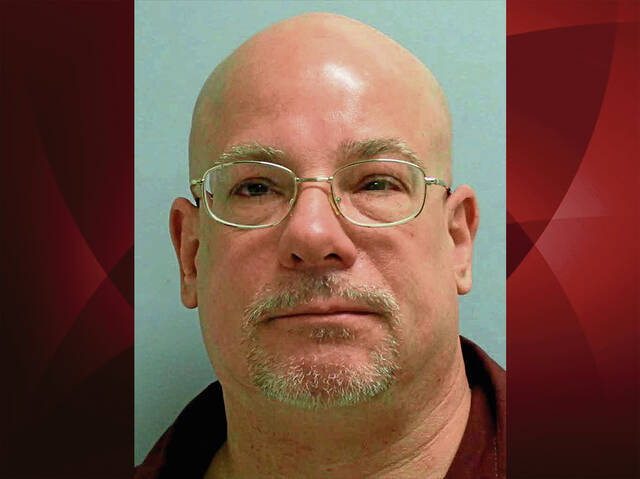https://triblive.com/local/westmoreland/defense-seeks-to-bar-testimony-in-appeal-of-decades-old-jeannette-arson-murder-case/
Defense seeks to bar testimony in appeal of decades-old Jeannette arson murder case

Attorneys for a former Jeannette man in prison for the deaths of his wife and two young children killed three decades ago in a house fire are seeking to bar new testimony about the origins of the fatal blaze.
James Young, 57, was convicted of three counts of first-degree murder after a 1995 trial in connection with the blaze. Prosecutors said he set the 1993 fire at his family’s 14th Street home, killing his 26-year-old wife, Gina Marie; stepson, Shaun Holden, 3; and Joshua, the couple’s 7-month-old son.
Prosecutors have maintained Young spread gasoline in and around the home and set the fatal fire. They have sought to elicit new testimony from a former U.S. Bureau of Alcohol, Tobacco, Firearms and Explosives agent to bolster the claim that the blaze was an arson.
According to evidence at the trial, investigators found gasoline cans outside the house and traces of fuel soaked into the diaper of Young’s infant son. Arson dogs detected evidence that an accelerant was used.
Young’s new lawyers from the Pennsylvania Innocence Project have argued the convictions should be vacated and a new trial convened. They claim the jury’s guilty verdicts were based on conclusions made from now-debunked science used decades ago to determine the origins of a fire.
Trial witnesses testified they saw Young walk on the roof of the house as it burned and he refused to rescue his family as his wife pleaded for help from an upstairs window.
Westmoreland County Common Pleas Court Judge Christopher Feliciani is scheduled to hear arguments in an appeal of the case at a September hearing.
The defense maintains an expert — who reviewed the case using revised investigatory criteria — concluded the cause of the fire was undetermined. A jury could reach a different verdict in the case against Young based on that testimony, according to the defense.
It argued the prosecution should be barred from presenting new evidence based on investigatory techniques used decades earlier.
“(Agent’s) report could put forth new analysis in service of the same conclusion reached by the commonwealth’s original trial experts, that the fire was intentionally set,” according to the defense. “A new scientific analysis by the commonwealth is not relevant to this court’s … analysis of whether Mr. Young’s new evidence requires a new trial, and should be precluded.”
The Pennsylvania Superior Court reinstated Young’s appeal and last summer and ordered Feliciani to consider its merits. Feliciani in 2022 dismissed the appeal when he ruled it was not filed timely in a timely manner.
Copyright ©2026— Trib Total Media, LLC (TribLIVE.com)
